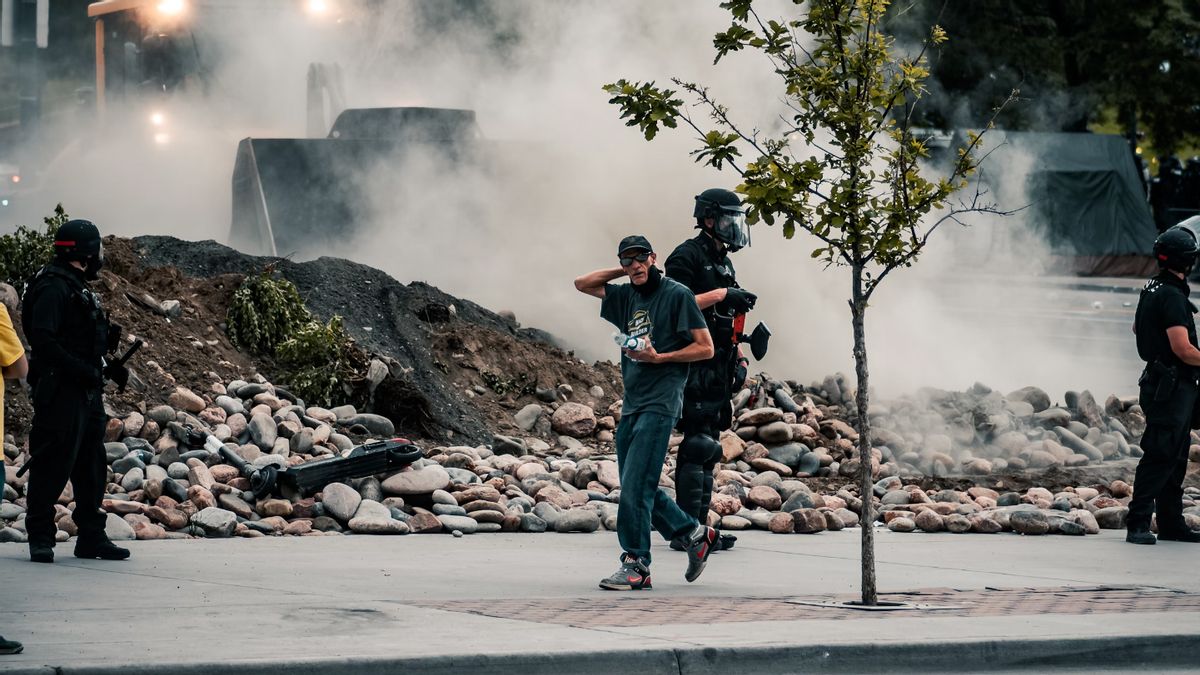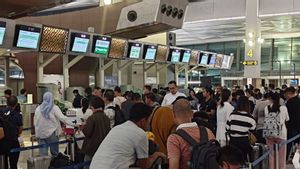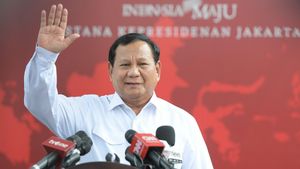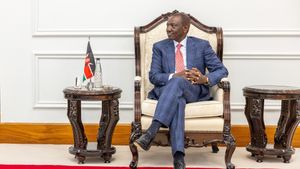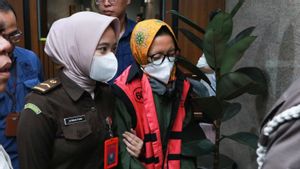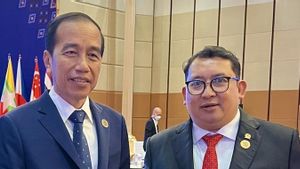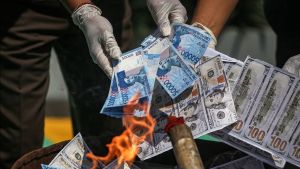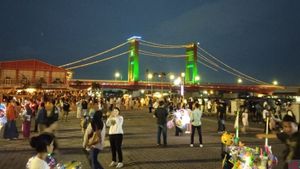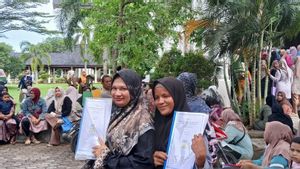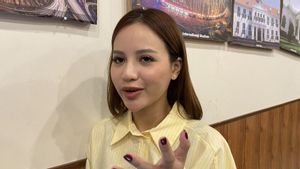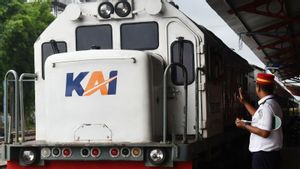JAKARTA - Three people died in Bangladesh in further protests over the government's work quota.
Authorities have cut off several cell phone services the previous day to try to quell unrest, which was initially sparked by students' anger at the controversial quota.
But the broader disruption on Friday, July 19, was not linked to global cyber blackouts.
The government has not yet commented on the interruption of the communication.
However, these new protests oppose the government's order to ban all public gatherings and indefinite processions after more than 20 people died in violence this week.
I call on all leaders, activists, and the general public to support these gentle students, provide them with all their support, and continue this movement, Tarique Rahman, acting head of Bangladesh's main opposition Nationalist in exile. The party (BNP), through X, was reported by Reuters.
Many leaders of opposition parties, activists, and student protesters were arrested in an effort to provide a political color on the movement.
But Reuters was unable to verify his statement about the arrest.
Deaths on Friday were reported, without details, by the English-language websitepanch Prothom Alo newspaper, which also said rail services had been suspended nationwide as protesters blocked roads and threw stones at security officers.
Police fired tear gas to disperse protesters in several areas, Reuters reporters said, as security forces and protesters stormed the capital Dhaka, where traffic was quiet on Friday, a weekly holiday in a Muslim-majority country.
SEE ALSO:
The biggest of the national riots since Prime Minister Sheikh Hasina was re-elected this year, was triggered by the high unemployment rate among the younger generation, which is one-fifth of the total population of 170 million.
But some analysts say violence is now also fueled by broader economic woes, such as high inflation, rising unemployment and shrinking foreign exchange reserves.
These protests open up old and sensitive political divisions between those fighting for Bangladeshi independence from Pakistan in 1971 and those accused of cooperating with Islamabad.
The first included the Awami League party led by Hasina, which branded the protesters as "racakar", using a term that described collaborators in the independence era.
The English, Chinese, Japanese, Arabic, and French versions are automatically generated by the AI. So there may still be inaccuracies in translating, please always see Indonesian as our main language. (system supported by DigitalSiber.id)
